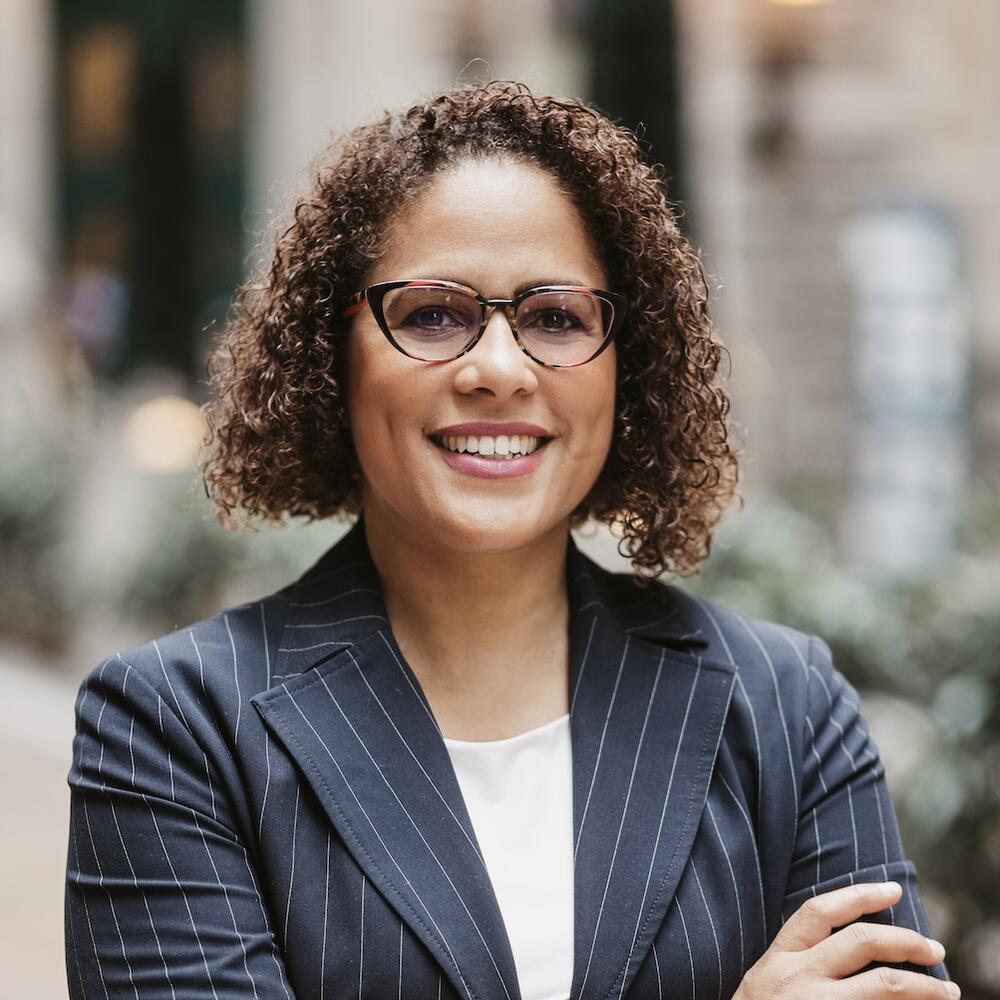Ombudsman
The Ombudsman's office is confidential, impartial, independent and open to all members of the Mila community.
The Ombudsman's office is confidential, impartial, independent and open to all members of the Mila community.
The Ombudsman receives the concerns and complaints filed by members of the Mila community who believe they are the victims of injustice, misconduct, or violation of their rights. The Ombudsman can at any point attempt to resolve issues informally. Members have to exhaust all internal mechanisms, procedures, and resources at their disposal before the Ombudsman intervenes.
The Ombudsman reports directly to the Board of Directors of Mila.

Julie Boncompain has been Mila’s Ombudsman since 2020. A practicing lawyer for 21 years, she has developed particular expertise in dispute prevention and resolution (DRP) as well as conflict management in the areas of education, labor and business law. She undertakes mediation and arbitration mandates for non-profit organizations, private and parapublic companies as a consultant.
In addition to being the Protector of Rights (Ombudsman) at Polytechnique Montréal, she chairs the Association des ombudsmans en enseignement supérieur du Québec (AOESQ) and the International Relations Committee of the Association of Canadian College and University Ombudspersons (ACCUO).

The Ombudsman is available to all members of the Mila community. The Ombudsman’s mandate is to ensure fair and equitable treatment by the administration of all situations experienced by members of the Mila community. She can advise, refer, expedite, identify and propose solutions at any time in a case.
She may only intervene in an ongoing process or review a decision when all internal Mila channels, mechanisms, processes, and resources have been exhausted.
For any admissible complaint, the Ombudsman may conduct an investigation and intervene with stakeholders and decision-makers likely to be able to contribute to the resolution of the situation. To this end, she has access to all documents and information she may require for the investigation and may make recommendations to the concerned stakeholders and decision-makers at the end of an investigation.
Role
The Ombudsman’s mission is to provide an independent, impartial and judgment-free space for Mila members to voice concerns or issues they feel are unfair and unjust, or if they are the victims of injustice, misconduct, or a violation of their rights.
Who can use the Ombusdman's
services?
The Ombudsman’s office serves all members of the Mila ecosystem with respect and compassion, including students, supervision candidates, interns, researchers, faculty, staff, and management.
Values
The Ombudsman promotes a collaborative and preventative approach in the treatment of your case and will listen to you with respect.
When to contact the Ombudsman?